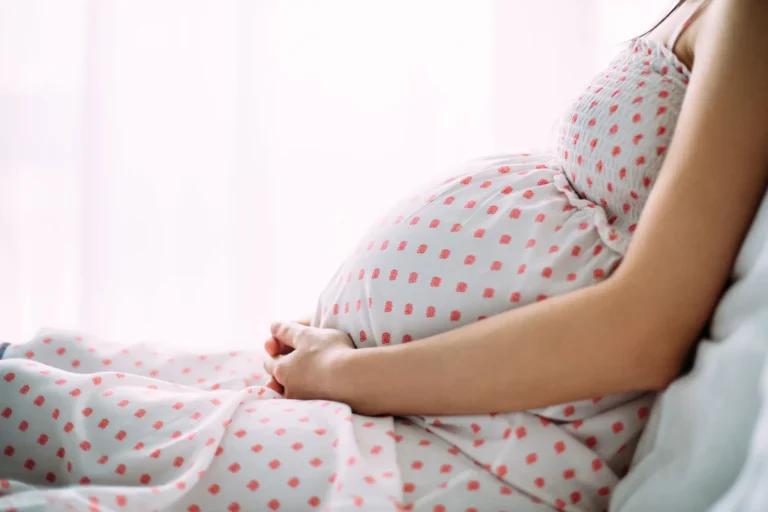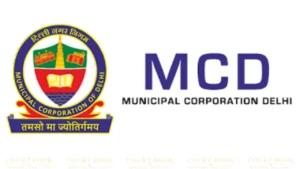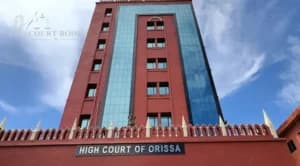In a significant development, the Delhi High Court has modified an earlier order that permitted the medical termination of a 27-week pregnancy of a minor rape survivor. The decision came after the survivor and her family agreed to continue with the pregnancy, aligning with AIIMS' medical board recommendation that extending the pregnancy to 34 weeks would be in the best interest of both the girl and the unborn child.
The Division Bench comprising Chief Justice DK Upadhyaya and Justice Anish Dayal was hearing an appeal filed by AIIMS challenging a single judge’s order allowing the termination. The High Court took into account a fresh medical report submitted by AIIMS on July 1, which stated that delivery at 34 weeks could be safely managed and would reduce the need for a caesarean section.
“Accordingly, we modify the order passed by the single judge and provide that the same shall not be given effect to,” the Bench stated.
Read also:- Centre Appoints Two Advocates as Additional Judges of Bombay High Court
During the proceedings, Additional Solicitor General Aishwarya Bhati, appearing for AIIMS, emphasized that the single judge’s order contradicted the medical opinion of the AIIMS board, which included expert doctors and a psychiatrist. She argued that the earlier direction undermined the provisions of the Medical Termination of Pregnancy (MTP) Act.
In the post-lunch session, two AIIMS professors, who were part of the medical board, appeared in court and explained that a child born at 34 weeks would require minimal ICU support and would have better chances of healthy neurodevelopment. This would aid adoptive parents in ensuring a better quality of life for the baby.
The Court recorded that the minor girl and her parents were fully informed and counseled about the medical and psychological aspects of continuing the pregnancy, following which they agreed with the medical advice.
Read also:- Rajasthan High Court Directs NDPS Accused to Join Swachh Bharat Abhiyan as Bail Condition Under BNSS
“During this period, all the care and caution shall be taken by the hospital and the authorities to provide her all the medical and psychological help and facilities free of charge,” the Court directed.
The Bench further ordered AIIMS to keep the minor girl admitted for the entire gestation period and, if necessary, even beyond. It instructed that all future medical care required for the child, including ICU admission, be provided without any cost.
“Medical facilities be provided by AIIMS to the minor girl as well as the baby which shall continue for 5 years without any charge,” the Court added.
The judges acknowledged the sensitivity and complexity of the case, stressing that both the minor girl and the unborn child require long-term support not just medically, but also socially and psychologically.
“The care of both these lives does not merely require medical attention but also having regard to the socio economic cultural situation of our society, they will constantly be needing other forms of support such as psychiatric or psychological treatment or counselling and some financial support as well,” the Court noted.
During the hearing, the girl’s counsel informed the Court that her mother was concerned about her daughter’s marriage prospects due to socio-economic stigma. Addressing this concern, Chief Justice Upadhyaya remarked:
“These unfortunate situations one comes across in different ways but one has to learn to live with it. It is unfortunate… For preparing the victim to live a fruitful life in the future, we are passing this order. Life in any form is very very important. Every endeavour should be made by the State, its instrumentalities, agencies and bodies to protect their life for whatever price.”
The Court also directed the Delhi Government's Department of Women and Child Development to file an affidavit detailing all possible support, including free education, vocational training, and other necessary welfare services for both the minor and the child. The matter has been listed for the next hearing on October 15.
Earlier, the minor had approached the single judge seeking abortion. The initial medical opinion warned of a high chance of caesarean delivery affecting her future reproductive health, leading the Court to deny permission for termination. The girl had been subjected to sexual assault twice in recent months, with the first incident occurring during Diwali last year.
Case Title: AIIMS v. Minor A & Anr















